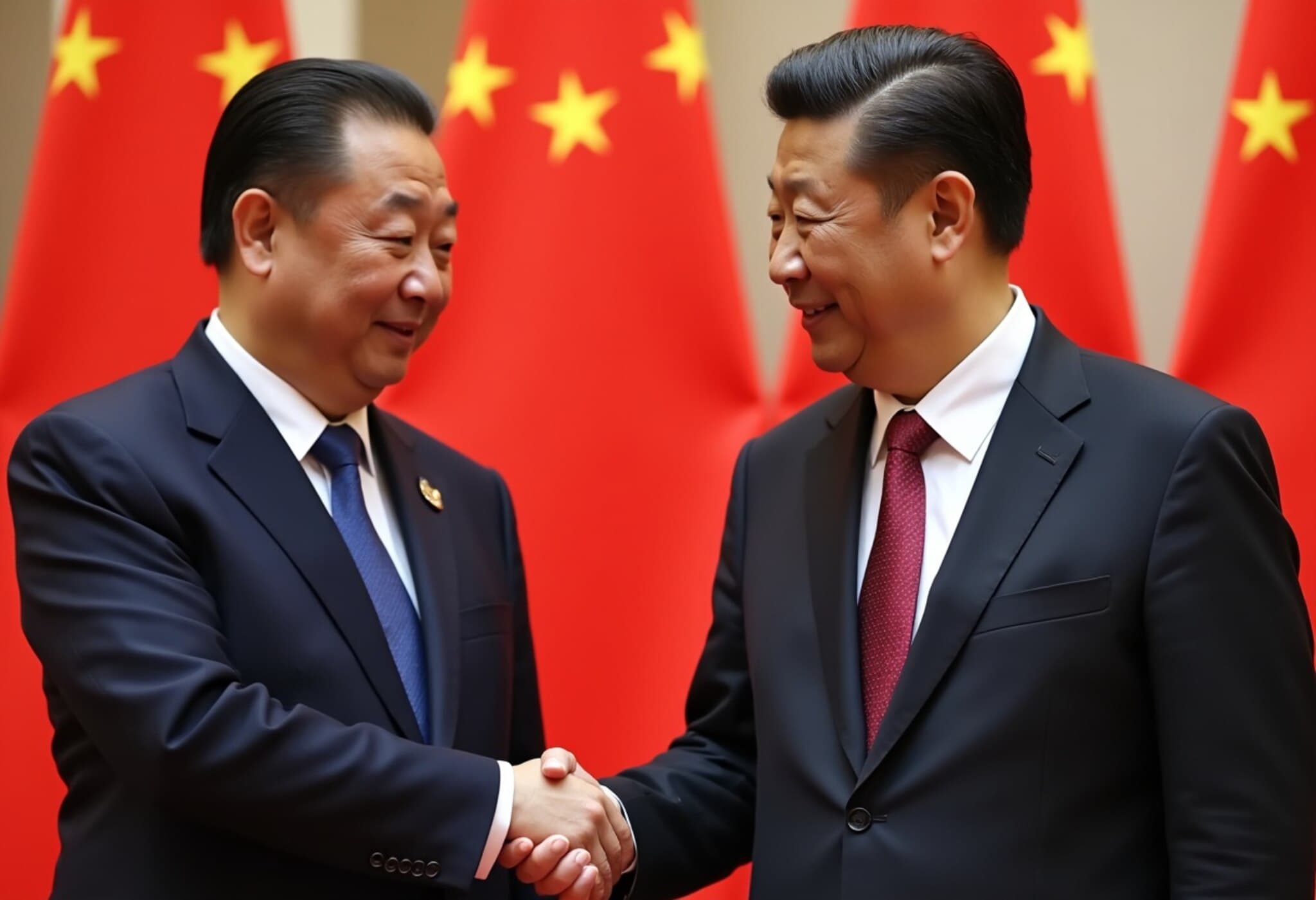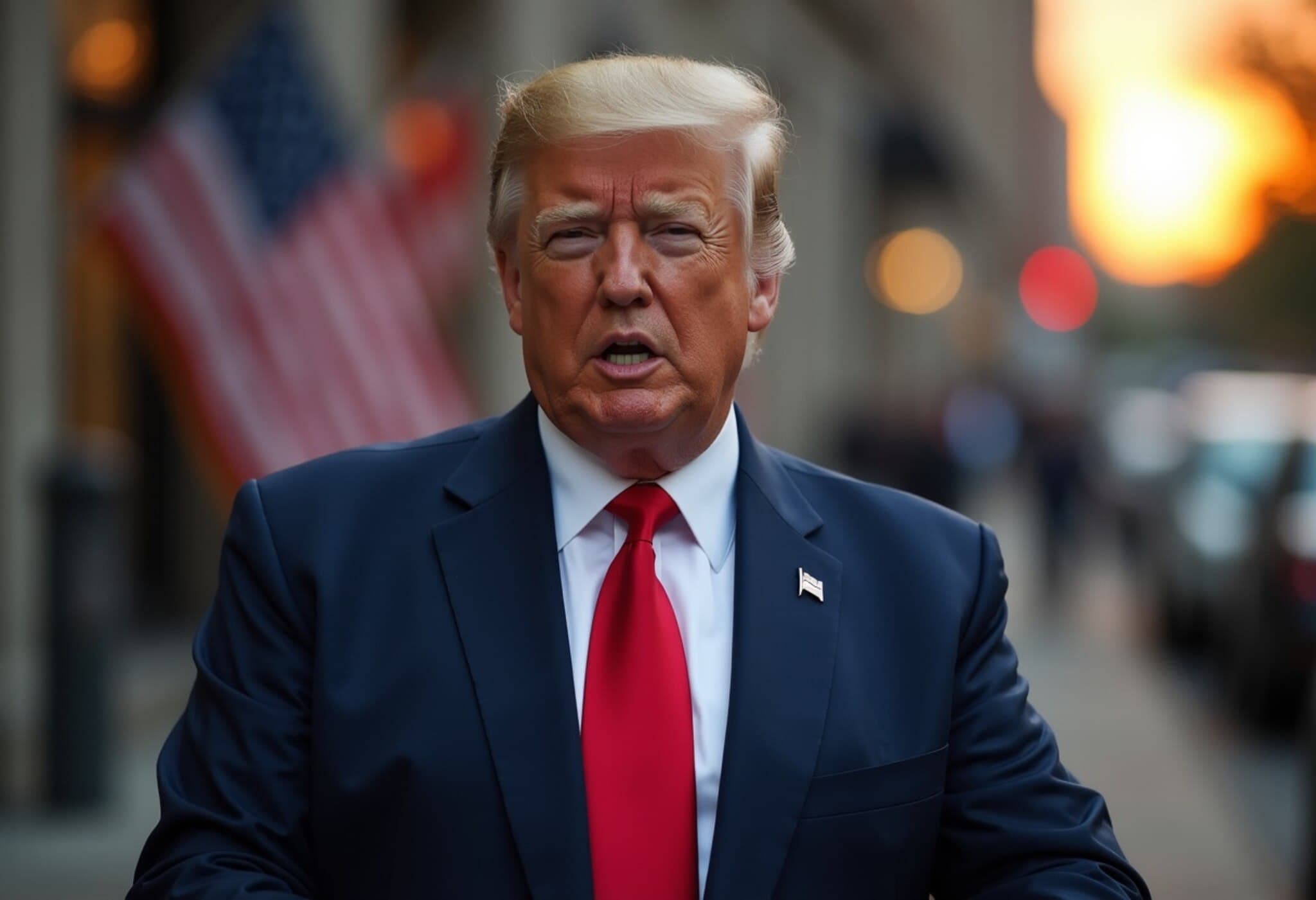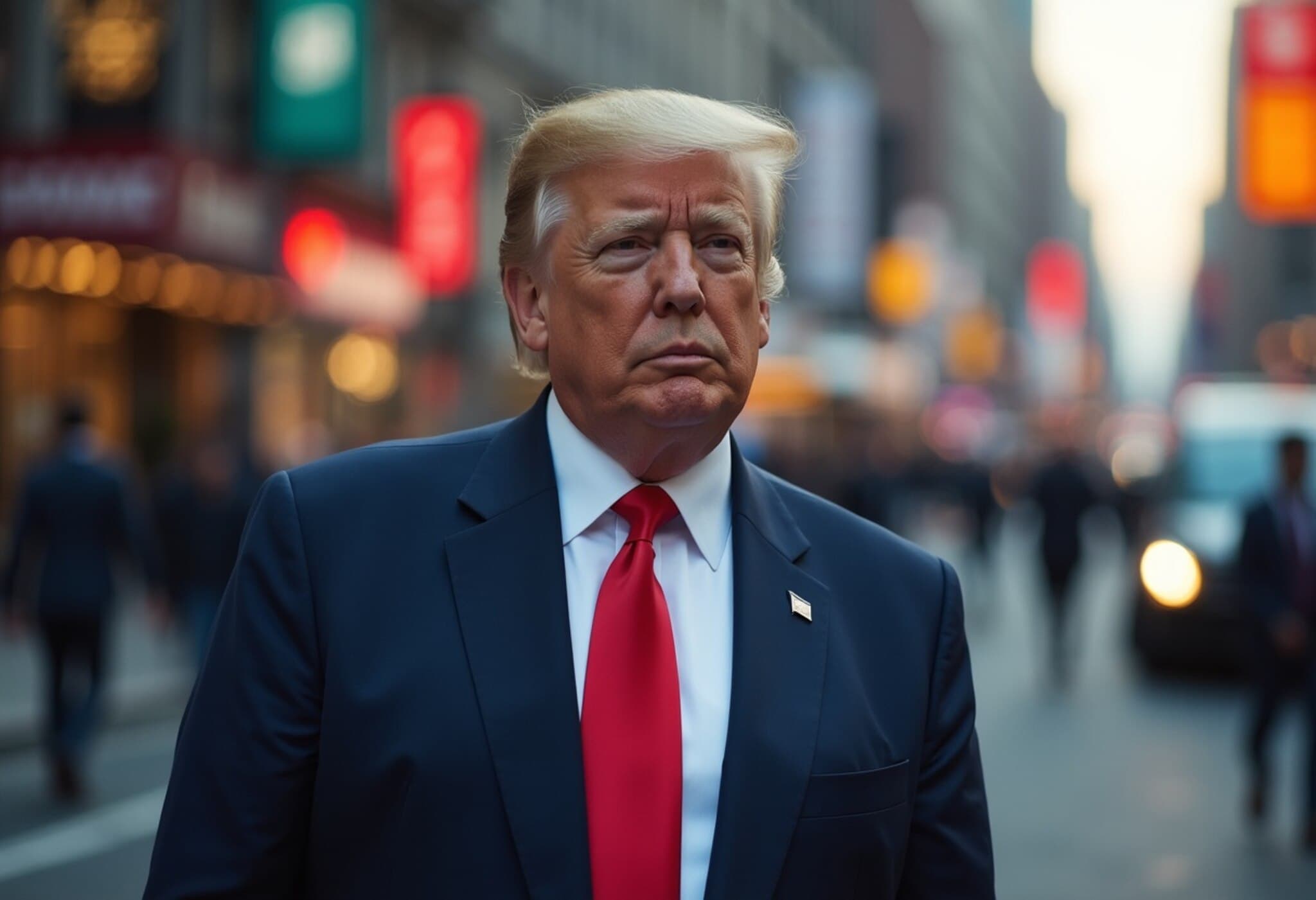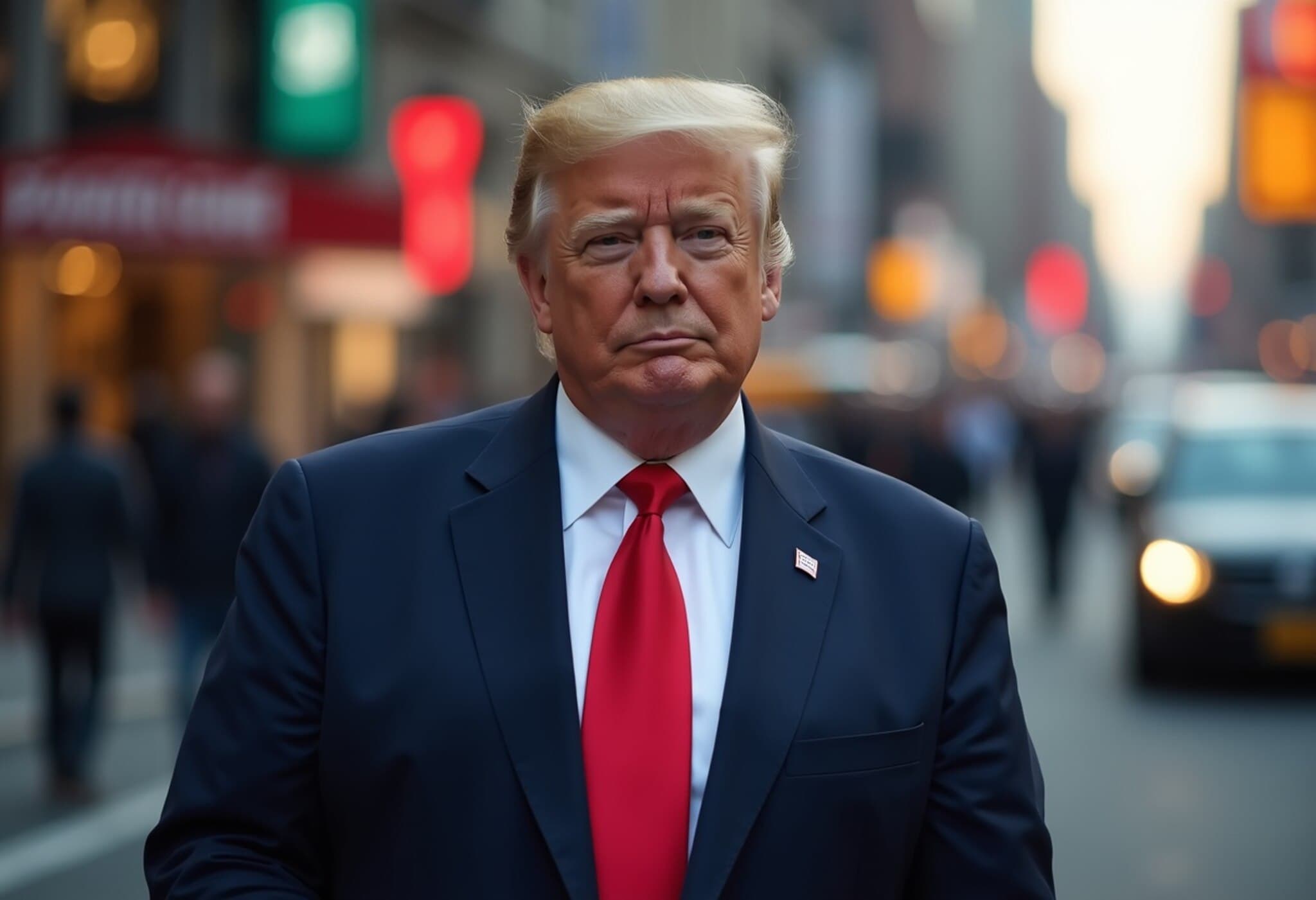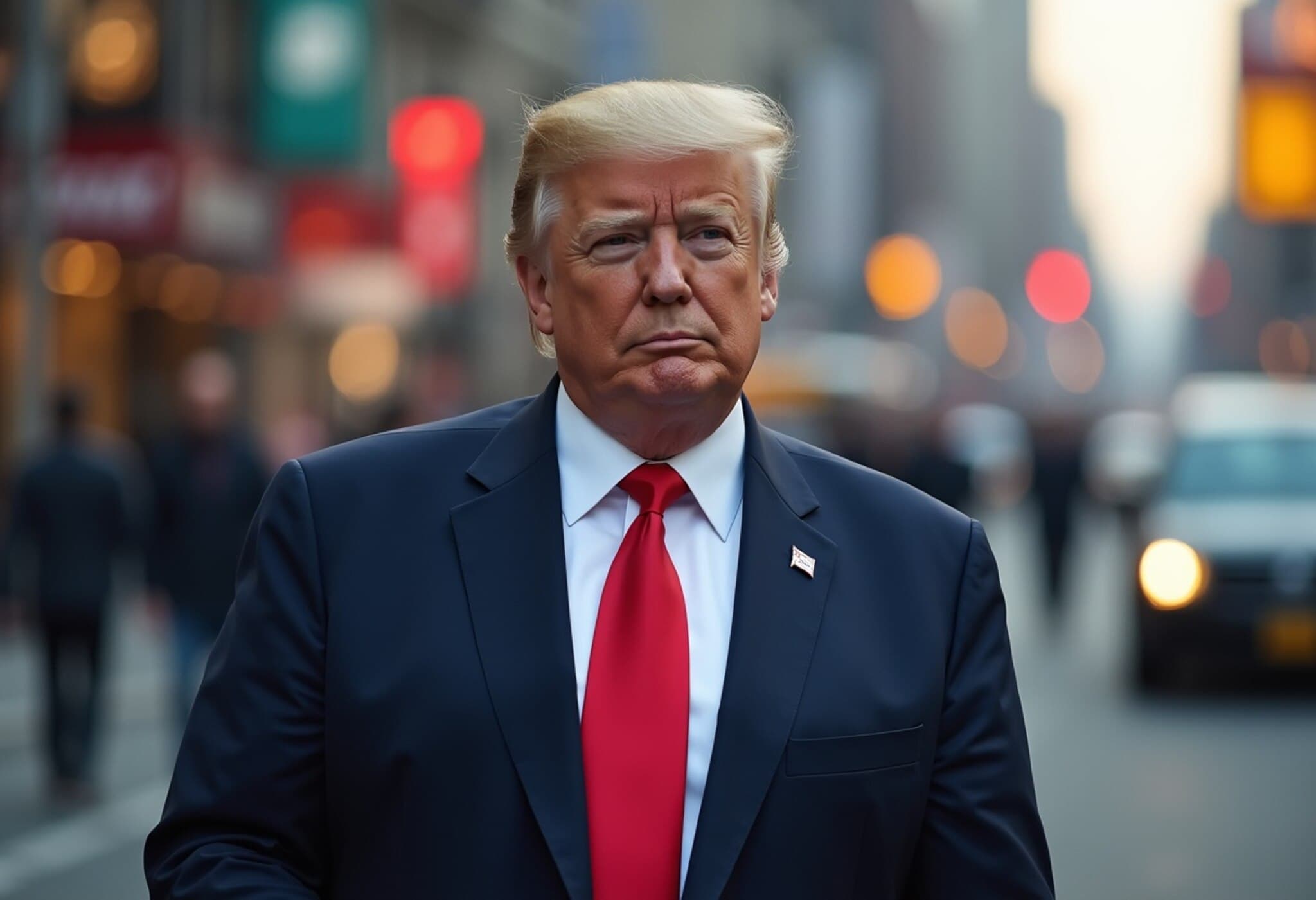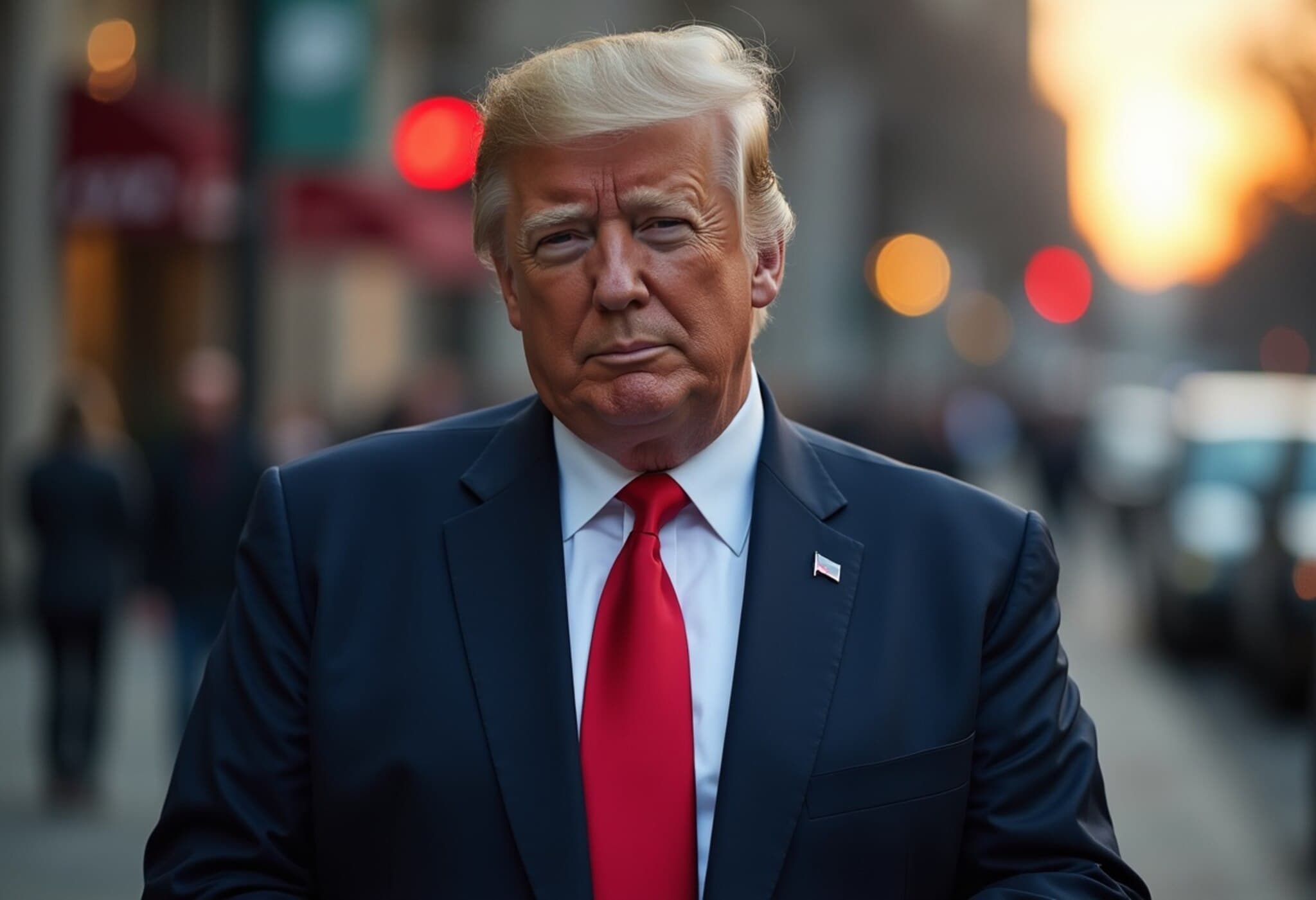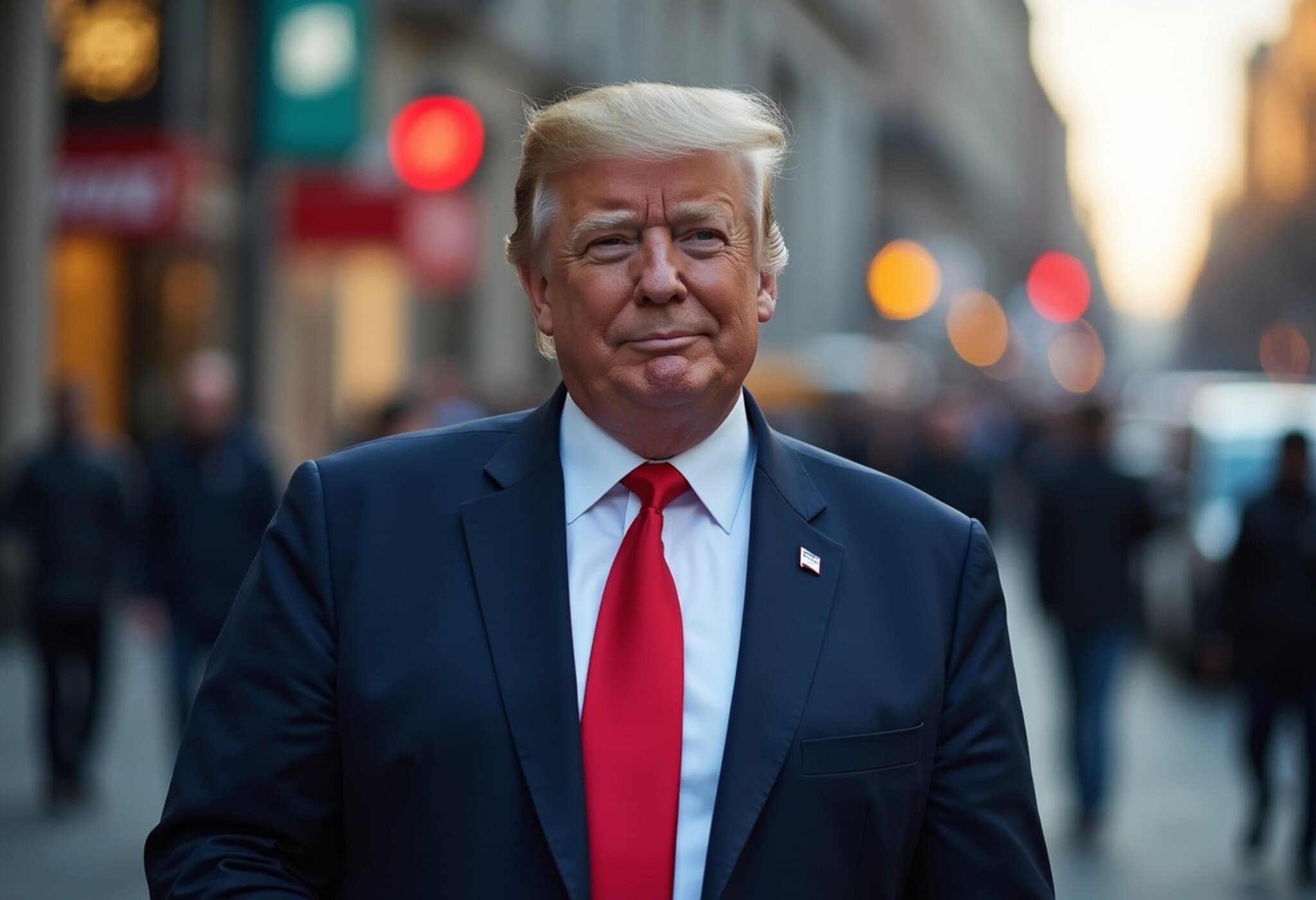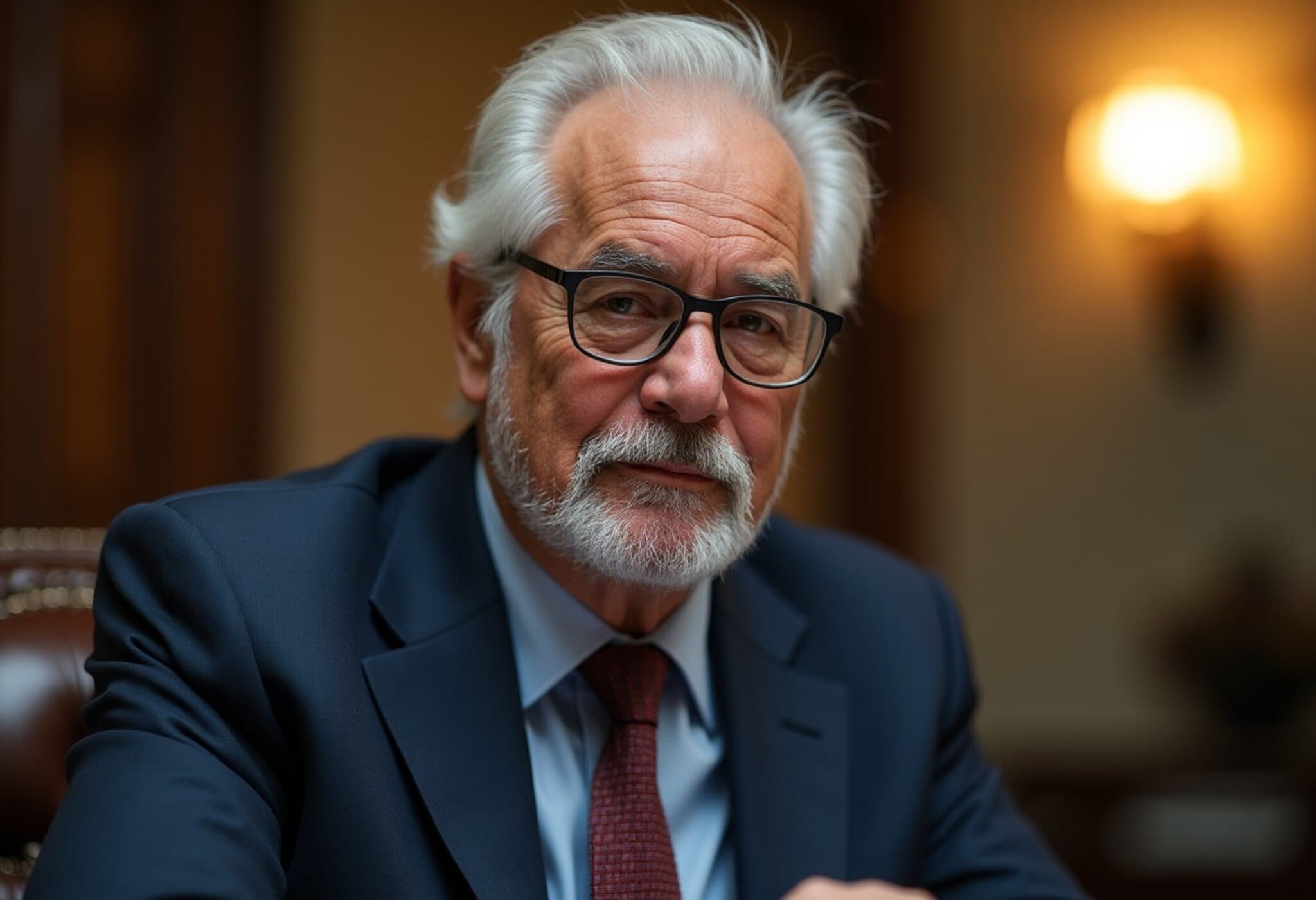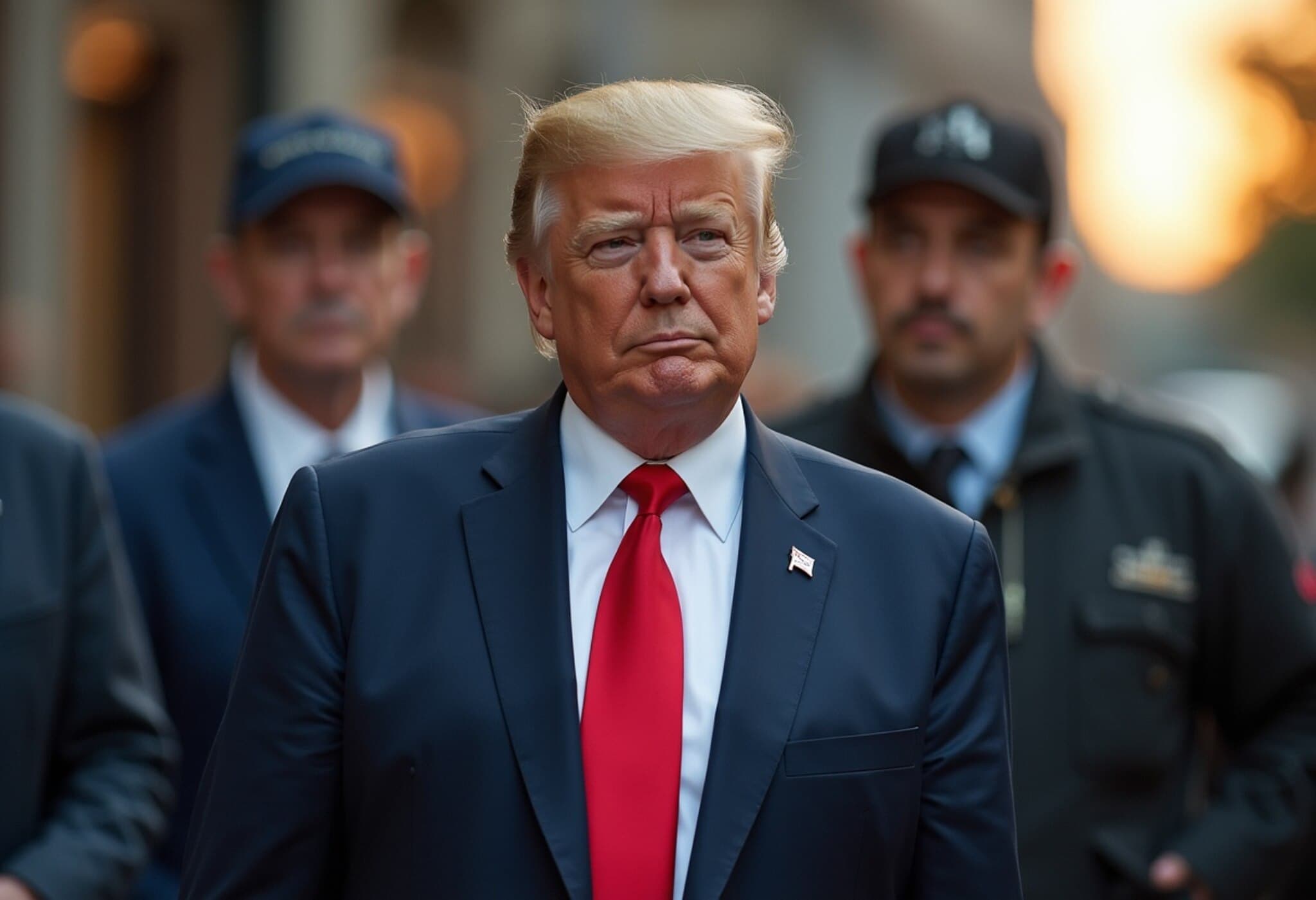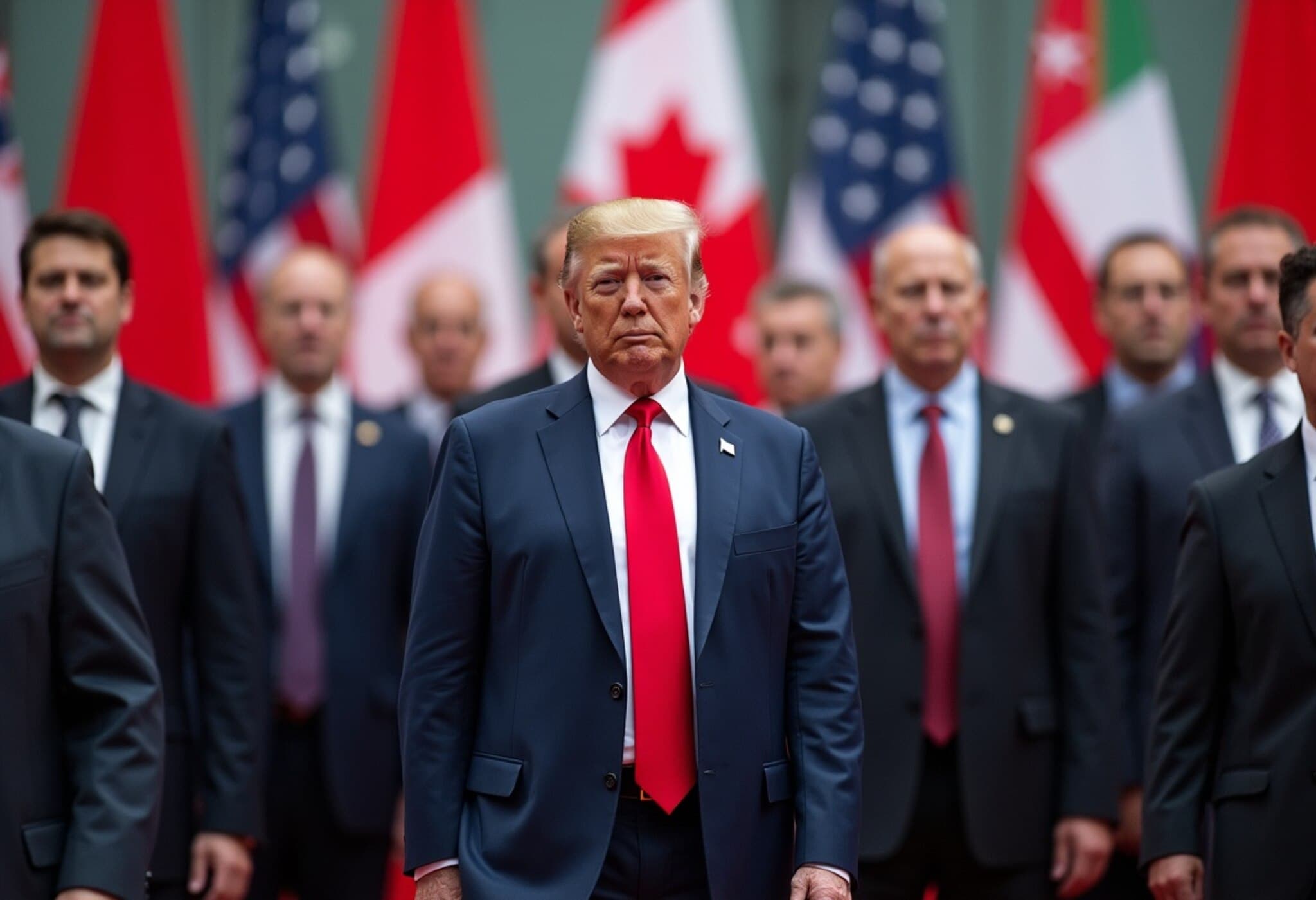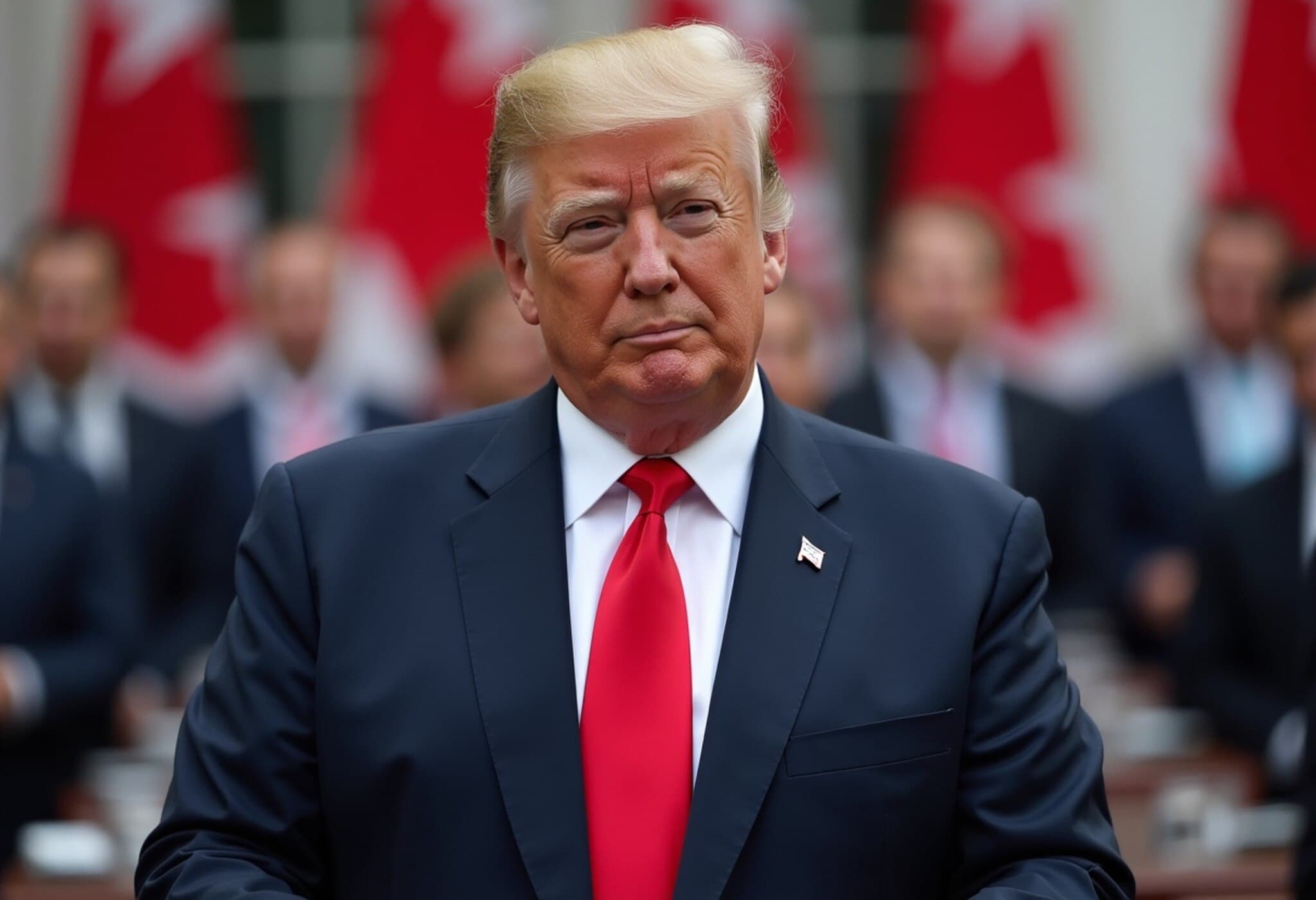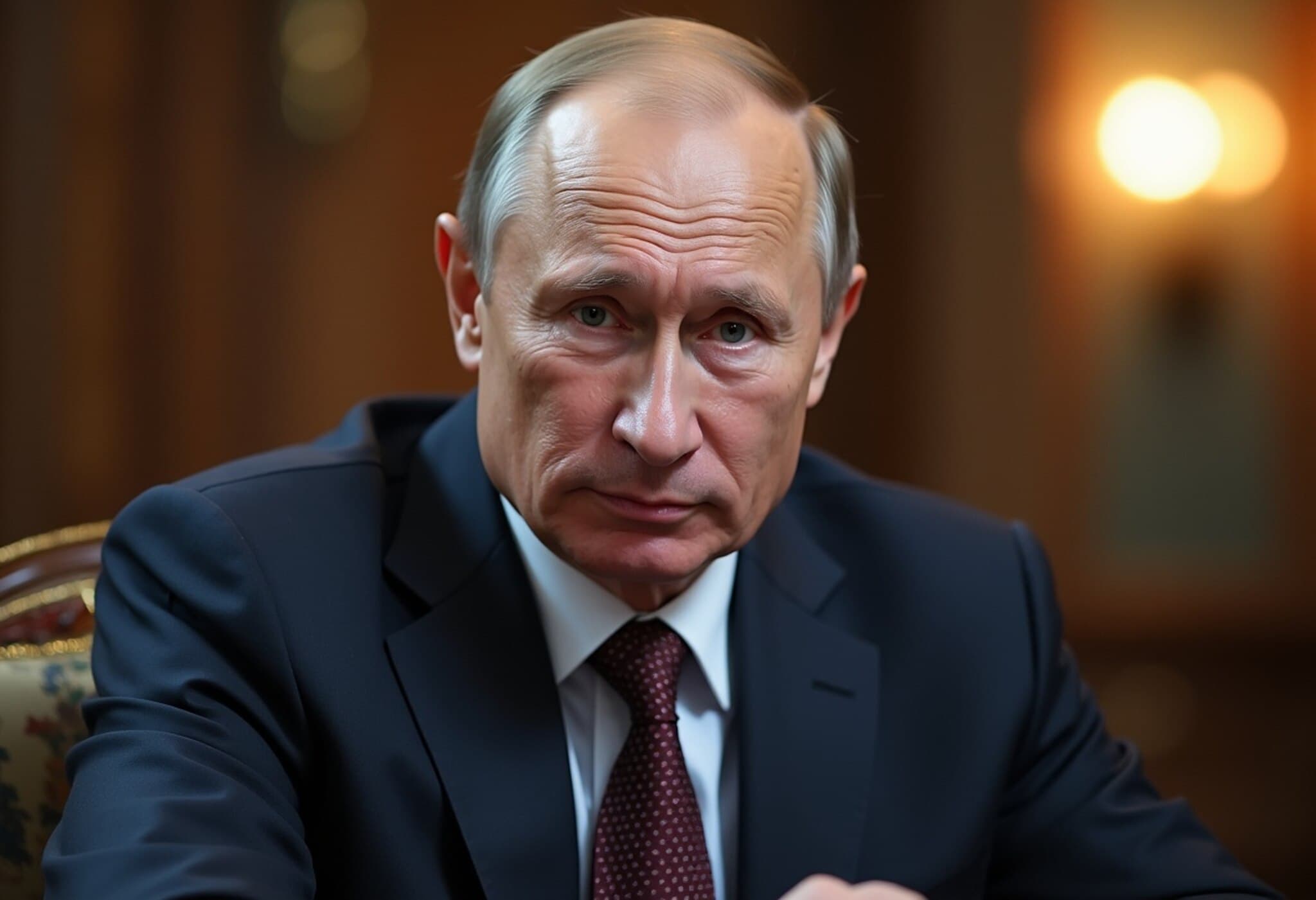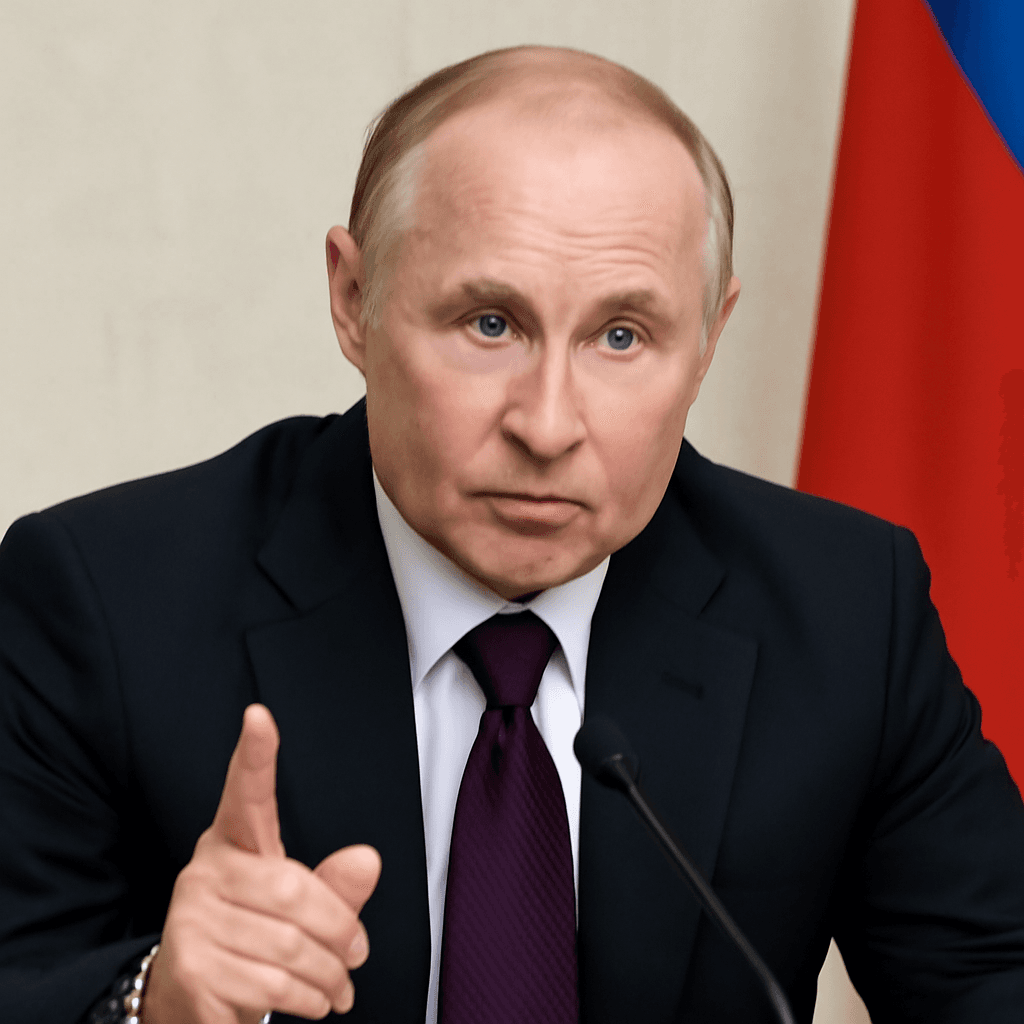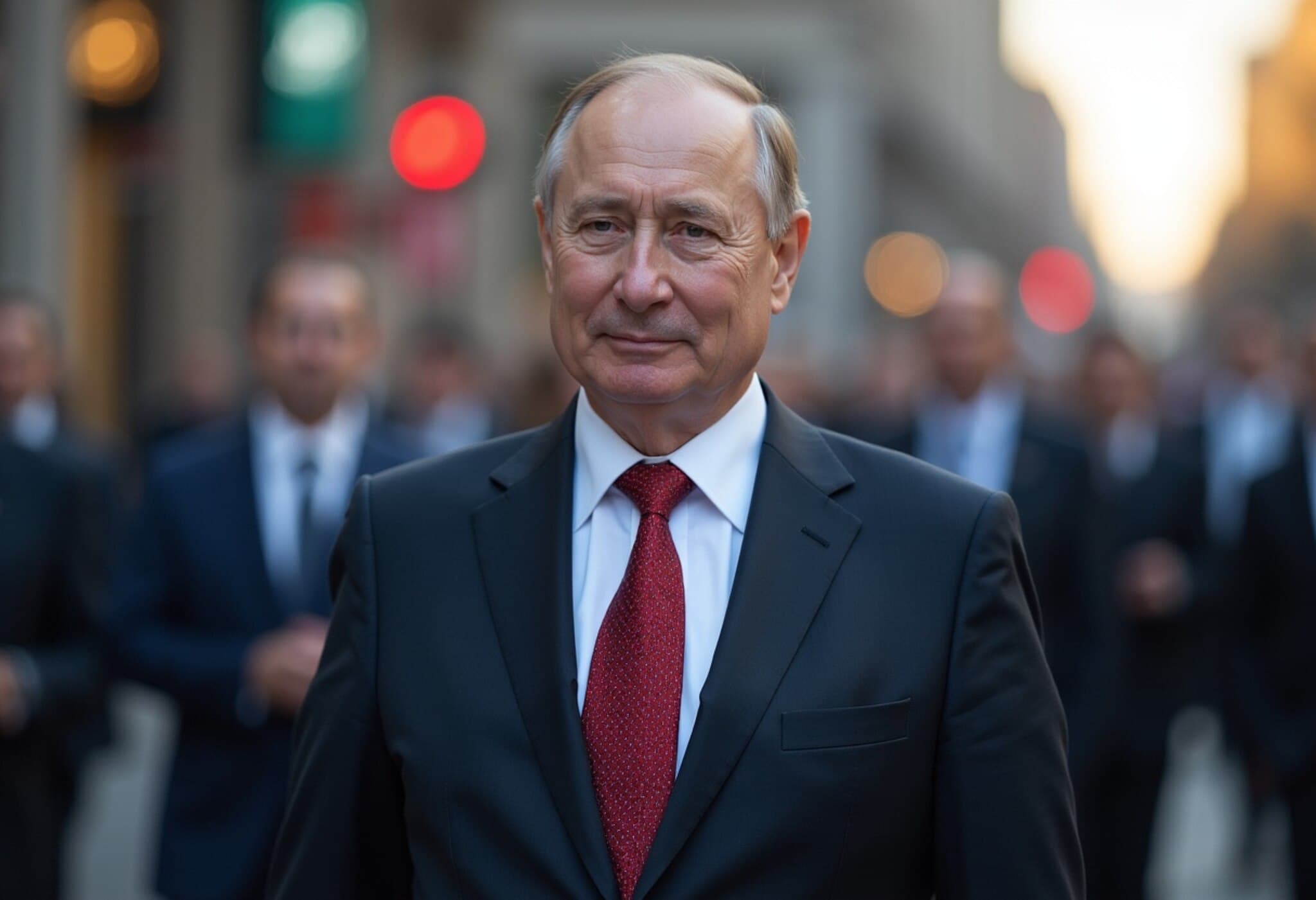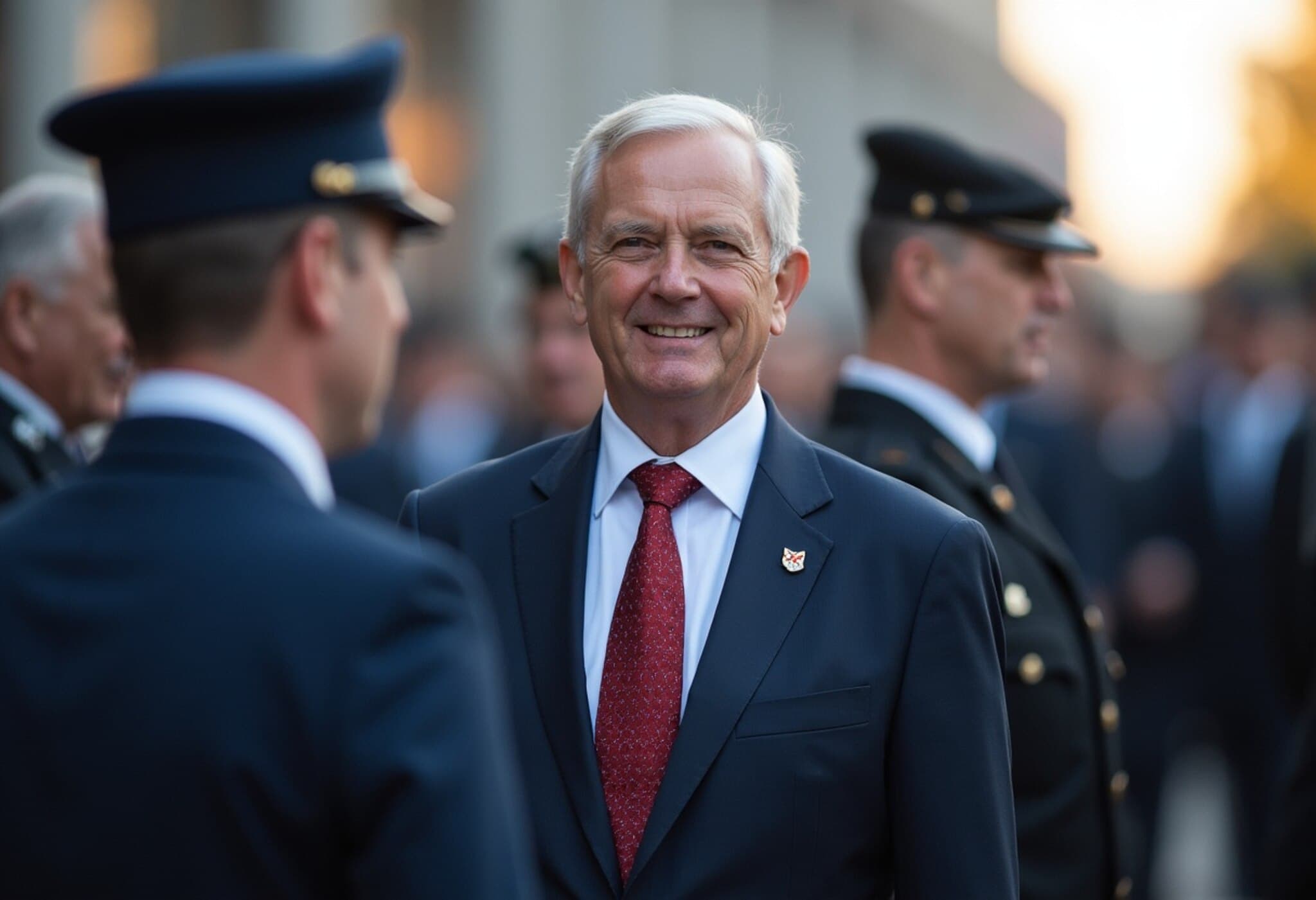A Pivotal EU-China Summit Amid Lingering Trade Tensions
On July 24, 2025, European and Chinese leaders met in Beijing for a significantly shortened summit marking half a century of diplomatic relations. Against a backdrop saturated with trade disagreements and geopolitical friction, Chinese President Xi Jinping urged the European Union to "properly handle differences and frictions" while cautioning against erecting economic barriers. Meanwhile, the EU pushed for a reevaluation of trade ties, spotlighting issues like industrial overcapacity and market access.
Xi Jinping’s Call for Open Cooperation and Strategic Restraint
Speaking at the Great Hall of the People, Xi emphasized that the challenges confronting Europe today "do not come from China" and advocated for open, collaborative trade relations. He warned that strategies based on "decoupling and breaking chains" would only isolate economies, referencing EU measures on tariffs and export controls of Chinese goods such as electric vehicles.
Xi stressed the importance of "making correct strategic choices" and "refraining from restrictive economic tools," signaling a veiled critique of the EU’s recent hawkish stance on China’s trade policies and geopolitical posture.
European Leaders Seek a New Balance
European Commission President Ursula von der Leyen acknowledged the relationship had reached an "inflection point," pointing to the historic €305.8 billion ($360 billion) trade deficit the EU faces with China. She called for tangible steps from Beijing, including increased market access for European companies and easing export controls on critical materials like rare earth elements.
Von der Leyen described the meeting with Xi as "excellent," underlining a readiness for dialogue despite entrenched disagreements, particularly on trade and geopolitical issues such as the war in Ukraine.
Contextual Insight: The EU’s Tightrope Between the US and China
Professor Cui Hongjian of Beijing Foreign Studies University remarked that while earlier consensus existed between the EU and China (especially in countering US trade policies), recent EU alignment with the US has cooled Sino-European ties. Despite ongoing tensions, the EU is on the brink of finalizing a trade agreement with the US, aiming to reduce American tariffs, signaling a complex triangular relationship shaping global trade dynamics.
The Ukraine Factor in EU-China Relations
European Council President Antonio Costa articulated clear expectations for China to leverage its influence to mitigate Russia’s aggression in Ukraine. This diplomatic plea underscores the deep entanglement of trade talks with geopolitical concerns, reflecting how the Ukraine conflict reverberates beyond Europe’s borders.
Climate Cooperation: A Rare Bright Spot
Despite trade and political discord, both sides reiterated a strong commitment to climate action. Their joint statement pledged enhanced cooperation on:
- Energy transition initiatives
- Climate adaptation strategies
- Methane emission control
- Development of carbon markets
- Promotion of green and low-carbon technologies
This shared environmental agenda could serve as a platform for improving trust and collaboration amidst escalating tensions.
Underreported Perspectives and Critical Questions
- Chinese overcapacity and EU market impact: How will Brussels balance defending its industries without deepening trade conflicts?
- Rare earth export controls: Beyond surface-level justifications, what long-term strategic ambitions underpin China's export policies?
- Geopolitics vs. Economics: Can the EU realistically separate trade negotiations from its geopolitical stance on Russia and China?
- China’s strategic messaging: Is the call to avoid “building walls” indicative of Beijing’s preferred global order, and how will that resonate amid US-EU alliances?
Expert Commentary: Looking Ahead
Trade analyst Dr. Lena Fischer notes, "This summit reveals a strategic impasse rather than breakthrough. While both parties express willingness to engage, the competing pressures from domestic politics and global alliances constrain meaningful progress. The EU’s balancing act between the US and China will define the future of global trade governance."
Editor's Note
The 50-year milestone in EU-China relations arrives at a crossroads shaped by pressing economic disputes and geopolitical tensions intensified by the Russia-Ukraine conflict. While dialogue remains open and climate cooperation shines as a positive endeavor, fundamental questions linger: Can mutual distrust be overcome? Will strategic competition morph into partnership? For policymakers and businesses alike, the answers will heavily influence global stability and economic health in the years to come.

